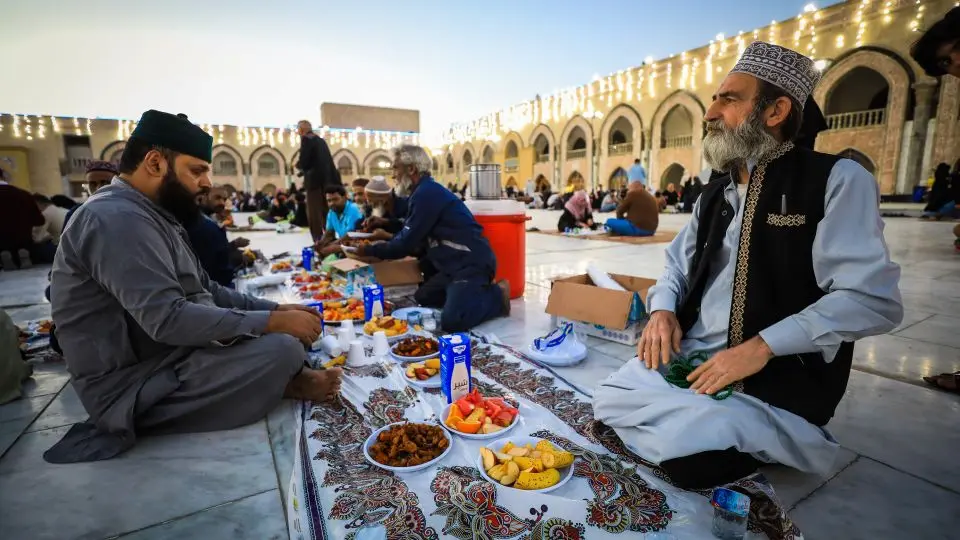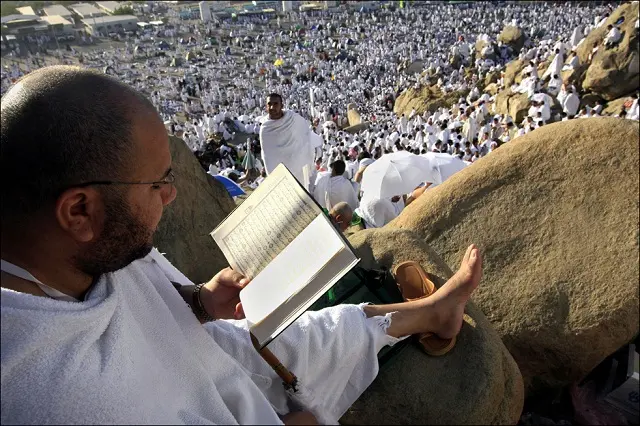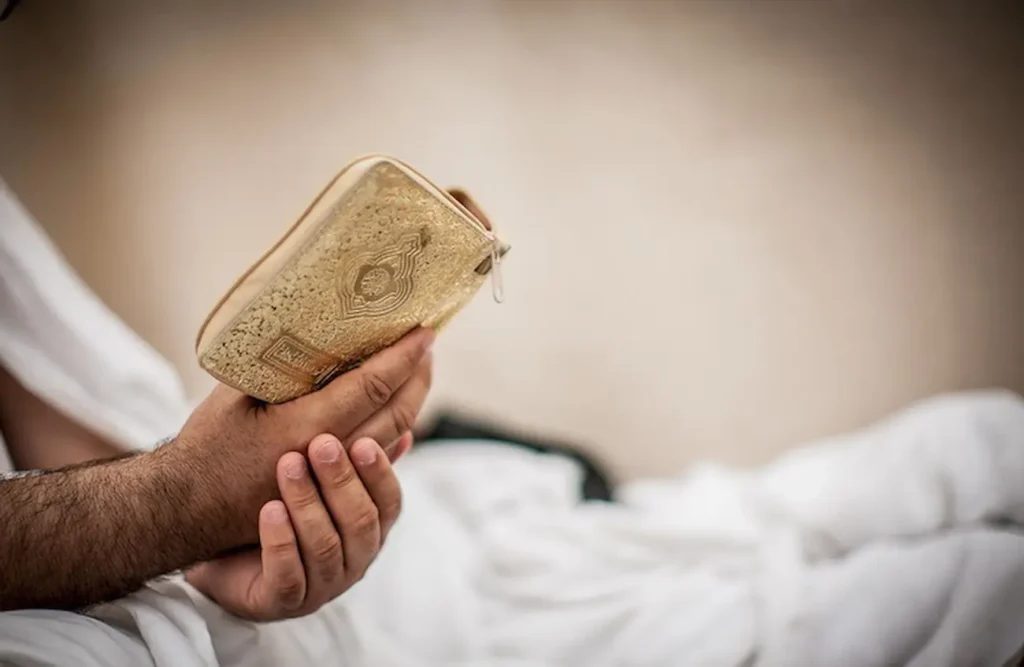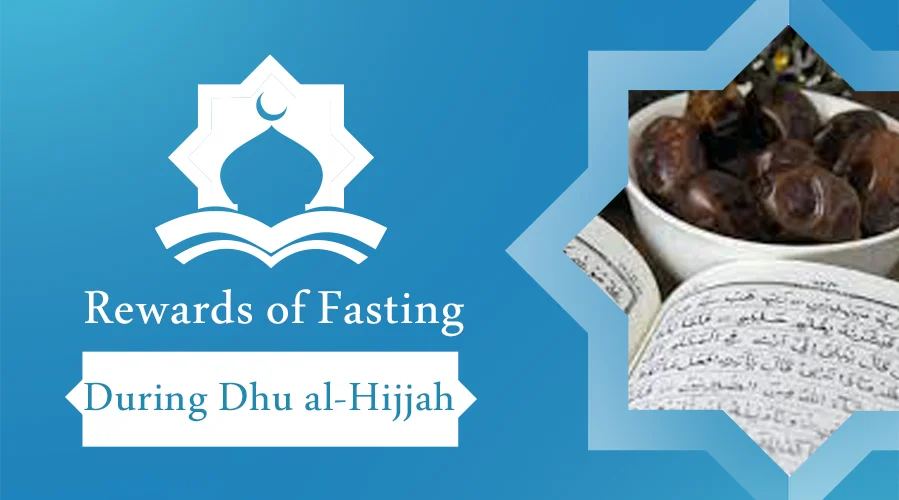Exploring the Rewards of Fasting During Dhu al-Hijjah , The dhu al hijjah fasting are blessed days. It is known that the Messenger of Allah, may Allah bless him and grant him peace, urged diligence in worship and good deeds, as Al-Bukhari narrated that he, may Allah bless him and grant him peace, said: “There are no days of good deeds more beloved to Allah than these days – meaning the ten days -.”
dhu al hijjah fasting is one of the good deeds that our Holy Prophet was keen to do. When it was reported that he, may Allah bless him and grant him peace. In Sunan Abu Dawud and others, on the authority of some of the wives of the Prophet, may Allah bless him and grant him peace, she said: “The Messenger of Allah, may Allah bless him and grant him peace, used to fast the nine days of Dhul-Hijjah…”

Read Also: Best Online Quran Classes: What should it include?
Exploring the Rewards of Fasting During Dhu al-Hijjah
The first ten days of dhu al hijjah fasting are considered among the blessed days in Islamic law, and the Messenger of Allah, may Allah’s prayers and peace be upon him and his family, urged us to exploit them with good deeds and self-sufficiency. And described work during them as better than jihad for the sake of Allah Almighty. He said: (What can be done in better days than these? They said: Not even jihad? He said: Not even jihad, except for a man who went out to risk himself and his money, and did not return with anything).
The Prophet – may Allah bless him and grant him peace – did not restrict good deeds in these days to a specific action, and made the matter absolute. There are many types of good deeds, and this includes remembrance of Allah Almighty, fasting, maintaining family ties, reciting the Qur’an.And Hajj. Which means that the most important and best acts of worship in Islam are gathered on these days, and the word “days” mentioned in the aforementioned hadith indicates that the good deed takes the whole day, and the day in Sharia begins from dawn until sunset.
And the best work for a Muslim to exploit during the day of these days is fasting, just as The best way to make use of the night is the night prayer. As for the ruling on dhu al hijjah fasting, it is recommended, while the ruling on praying the night prayer is that it is Sunnah. The Prophet – may Allah bless him and grant him peace – maintained dhu al hijjah fasting. The evidence for this is what was mentioned in the Prophetic Sunnah from the hadith of Hafsa – may Allah be pleased with her – who said: (The Messenger of Allah, may Allah’s prayers and peace be upon him, used to fast the ninth of Dhul-Hijjah, the day of Ashura, and three days of every month).

The ruling on fasting the first ten days of Dhul-Hijjah
The jurists considered it desirable to fast the first ten days of Dhu al-Hijjah, with the exception of the blessed day of Eid al-Adha. That is, the Day of Sacrifice; It is the tenth day of Dhul-Hijjah. It is forbidden for a Muslim to fast on the day of Eid, according to the agreement of the jurists. Although there is no proven evidence of the desirability of fasting during these nine days, the jurists have cited the generality of the evidence for the desirability and virtue of fasting, and the fact that fasting is one of the deeds that the Messenger of Allah, may Allah’s prayers and peace be upon him and his family, encouraged.
What is recommended to do on the ten days of Dhul-Hijjah
- Abundant good deeds: According to his saying, may Allah’s prayers and peace be upon him: “There are no greater days in the sight of Allah, Glory be to Him, nor more beloved to Him to work in them than these ten.” Among the good deeds that some people neglect are: reading the Qur’an, giving a lot of charity, spending on the poor, and enjoining good deeds. Forbidding evil and others.
- Prayer: It is recommended to come early to the obligatory prayers, rush to the first row, and do a lot of voluntary prayers, as they are among the best acts of worship. On the authority of Thawban, may Allah be pleased with him, he said,
“I heard the Messenger of Allah, may Allah’s prayers and peace be upon him, say: You must prostrate to him frequently, for you will not prostrate to him except that Allah will raise you a degree because of it, and remove a sin from you because of it.” [Narrated by Muslim], and this is general at all times.
- Fasting: Because it includes good deeds. On the authority of Hunaida bin Khaled, on the authority of his wife, on the authority of some of the wives of the Prophet, may Allah bless him and grant him peace, she said:
“The Messenger of Allah, may Allah bless him and grant him peace, used to fast the nine days of Dhul-Hijjah, the day of Ashura, and three days of every month” [Narrated by Imam Ahmad, Abu Dawud and Al-Nasa’i], Imam Al-Nawawi said about fasting the ten days: “It is highly recommended.”
- Performing Hajj and Umrah: According to his saying, may Allah’s prayers and peace be upon him, “…and the accepted Hajj has no reward except Paradise” [Narrated by Muslim].

Read More: Best Way To Learn Quran Online: Guide To Learning Quran 2025
Conclusion
As we know from Top Quran Classes, Fasting is considered one of the virtuous acts of worship, and it is one of the five pillars of Islam, and among the virtues of dhu al hijjah fasting is that Allah Almighty made fasting for Him, and designated it for Himself. The Messenger of Allah, may Allah’s prayers and peace be upon him and his family, said.
(Allah said: Every deed of the son of Adam is for him, except fasting, for it It is mine and I will reward it. It is one of the greatest and best deeds in the sight of Allah Almighty. When it was reported on the authority of Abu Umamah Al-Bahili, he said: (I said, O Messenger of Allah, command me to do something that will benefit me. He said: You must fast, for there is nothing like it.)

